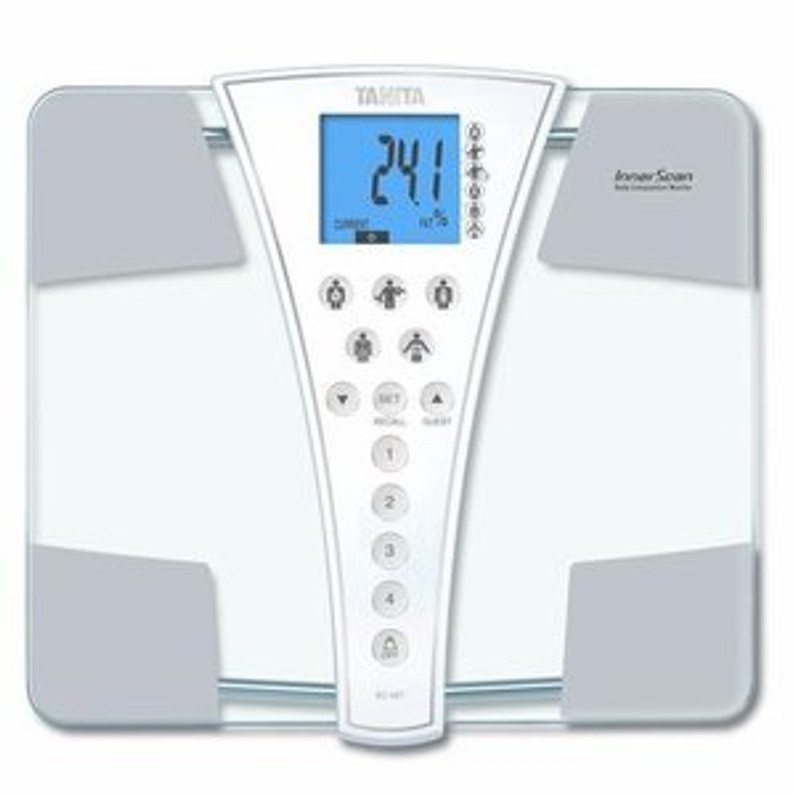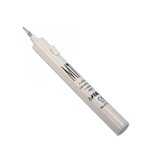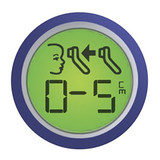Tackling obesity
According to statistics released by Public Health England, over two thirds of adults and a quarter of children between the ages of two and 10 are overweight or clinically obese. But what constitutes ‘obesity’ and why is it such a problem?
What defines obesity?

The term ‘obese’ is generally used to describe someone who is extremely overweight and carrying too much body fat. The most widely used method of defining whether someone is obese is to calculate their Body Mass Index (BMI).
BMI is calculated based on a person’s weight, sex, age, and height. An additional aid to working out excess body fat is to measure waist circumference. A BMI of over 34.9 and a waist measurement of over 94 cm for men or 80cm for women, indicates obesity.
Alternatively, you could use a body composition monitor to measure your body’s fat content.
Why is obesity so dangerous for your health?
Obese people tend to suffer from hypertension and are thus far more likely to develop serious health conditions, including type 2 diabetes, certain cancers such as bowel or breast cancer, stroke, and coronary heart disease.
These conditions often lead to a shorter life expectancy and a reduced quality of life. Very obese people often suffer from depression and other psychological problems that are directly related to their body size and the disability it can cause.

Action to tackle obesity
Although certain health conditions can predispose sufferers to gaining weight, the most common cause of obesity in both adults and children is loading the body with high amounts of calories, typically sugars, and failing to burn them off. The body then converts the excess sugars that it does not use into fat.
In order to tackle obesity, you should ensure that your diet is full of healthy foods, including plenty of fresh vegetables, fruit, meat, and fish. Most importantly, you should cut down on the amount of processed foods that you eat, which are usually very high in refined sugars and fats. You can measure your body’s blood sugar levels by using a simple glucose test.

In addition, you should do more exercise, so that the calories you eat are utilised by your body. If you are very overweight, start off slowly by walking a short distance every day. Set yourself achievable targets so that you remain motivated and don’t risk injury, while still seeing results. A pedometer is a very useful tool that will allow you to keep track of how far you have walked and the calories you have burned.
As part of your weight loss and exercise programme, it is useful to keep track of your blood pressure. You can self-test for hypertension by using one of our blood pressure monitors.
In conclusion
Obesity is often referred to as the modern plague. You can take steps to tackle your obesity by controlling your calorie intake and becoming more active. For more information on the products we have that could help you, contact the friendly team at Four Square Healthcare.
Recent Posts
-
Cauteries & Cryosurgery for minor procedures
Cauteries and cryosurgery work in a similar fashion, even though they are at opposite ends of the s …4th Jul 2019 -
Choosing the best digital thermometer
As any parent, or healthcare professional knows only too well, getting an accurate temperature read …6th Jun 2019 -
World Hand Hygiene Day
Any healthcare professional will be able to attest to the importance of good hand hygiene. 5 May 2 …1st May 2019




